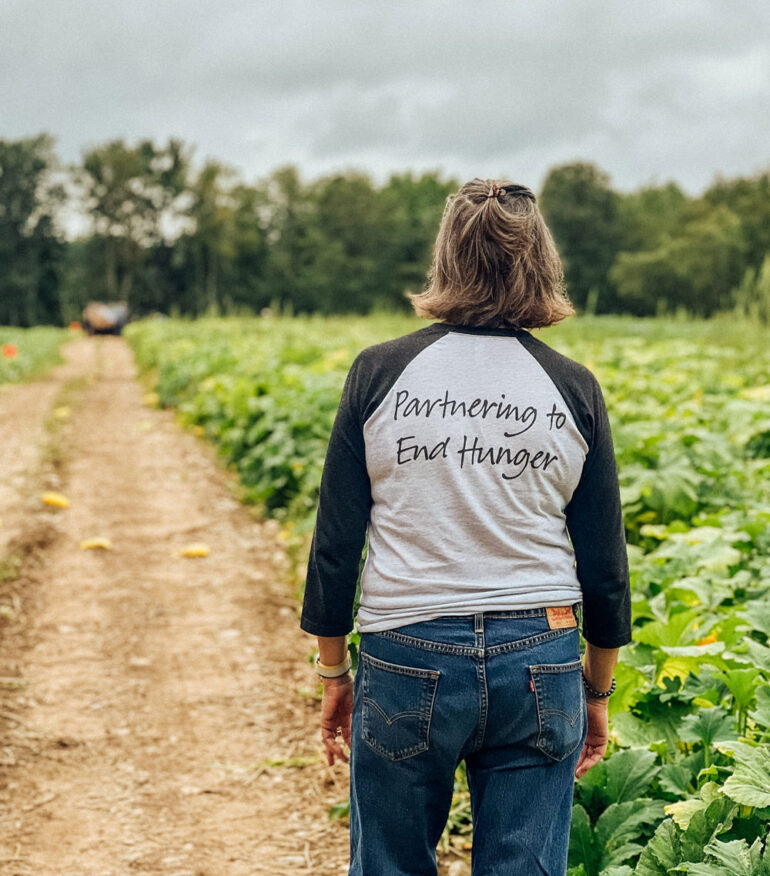 Good Shepherd Food Bank
Good Shepherd Food BankIn 2015, Good Shepherd Food Bank, Maine‘s largest hunger-relief organization, set a bold goal that by 2025 all Mainers experiencing food insecurity would have access to the nutritious, culturally relevant food they need, when and where they need it. In order to achieve this, the organization launched the Campaign to End Hunger, with a $250 million food and fund goal to rapidly grow food distribution to more than 30 million meals per year, in line with Maine’s estimated need. “As of the end of our last fiscal year, we met the campaign goal by raising $156 million in donated food and $105 million in funds over four years,” says Erin Fogg, Good Shepherd Food Bank’s vice president of development and communications. “We also distributed a record 33.6 million meals across the state last year.”
Despite the growth in meal distribution, the organization, statewide partners, and communities are feeling the strain of increased food costs, inflation, and a reduction in pandemic-era benefits. The team at Good Shepherd Food Bank has watched the need change and grow alongside their aid, with 145,000 Mainers (10.5% of the state’s population) still experiencing hunger. Many of its partner organizations are reporting that the need is higher now than it was during the pandemic. “We have also learned that poor and working-class white Mainers and all communities of color experience disproportionately higher rates of hunger,” Fogg says. “Even distributing more meals than ever, we still need to ensure each community’s unique needs are met.”


That’s why Good Shepherd Food Bank is using the momentum from the success of its campaign and the lessons learned to engage in a statewide effort to address underlying issues contributing to growing hunger. This includes engaging in advocacy, nutrition education, and strategic grants to improve community food security, including grants specifically to support organizations led by and serving refugee, immigrant, and indigenous populations.
As Good Shepherd Food Bank reflects on its past success, it recognizes that its growth in meal distribution is meeting the urgent need today, but that alone cannot provide security to Mainers wondering if they’ll have enough food next week, next month, or next year. “We’ve gotten to this big number of meal distribution and we’re proud of that,” Fogg says. “We’re celebrating incredible progress and partnerships across the state that made it happen. The challenge is we still have another mountain left to climb. We’re just not done.”
Joining the Fight Against Hunger: President Heather Paquette
In September, Heather Paquette joined the team at Good Shepherd Food Bank and is leading the next leg of its ending hunger journey. “It’s an incredible honor and I’m very humbled to join an organization focused on working to end hunger every day,” says Paquette. “Having worked in food retailing for more than two decades, I’ve seen first-hand the challenges and impact of food insecurity and the tough choices families make every day in feeding those they love. I look forward to building on the incredible progress Good Shepherd Food Bank has achieved under Kristen Miale’s leadership and working alongside our communities to eliminate hunger.”



